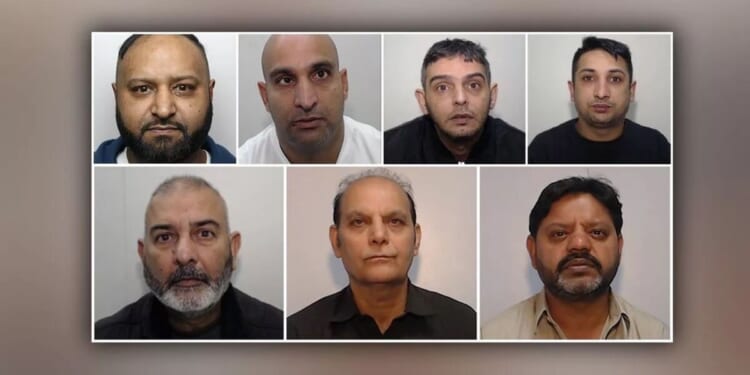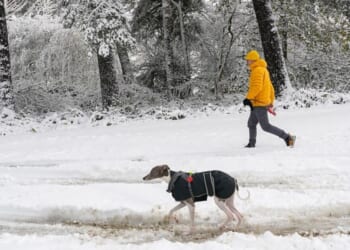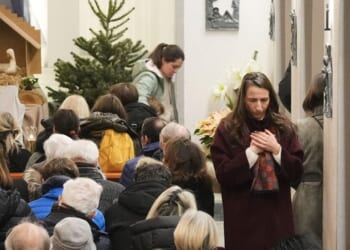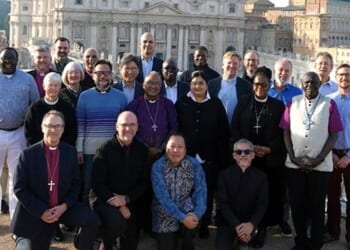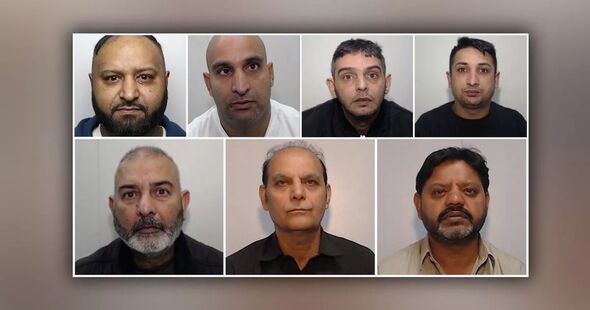
Seven men are due to face justice after being found guilty of a series of historic sexual offences c (Image: MEN Media)
One of Britain’s most depraved grooming gangs have been jailed for a total of 174 years after their two victims endured a 20-year wait for justice. As the former teenage ‘sex slaves’ – now aged in their 30s – wept at the end of the court process there was fresh anger over how they were repeatedly failed by those in authority who turned a blind eye to their ordeal – leaving a gang of seven depraved “monsters” free to traffic them between hundreds of friends around the north of England.
One of the girls was aged just 10 when she was branded “a prostitute” by social workers whilst police failed to intervene for fear of being branded racist because the paedophiles were all men of Pakistani-heritage. The girls, both from troubled backgrounds, were groomed by ringleader Mohammed Zahid, 65, known as ‘Knickerman’, who gave them free underwear from his lingerie stall at Rochdale Indoor Market, before plying them with money, alcohol and food. In return they were expected to have sex with him and his friends “wherever and whenever”.
Read more: The timeline of the Rochdale grooming gang scandal as 7 more men jailed
Read more: Sex predator in grooming gang ‘capital’ jailed for 19 years
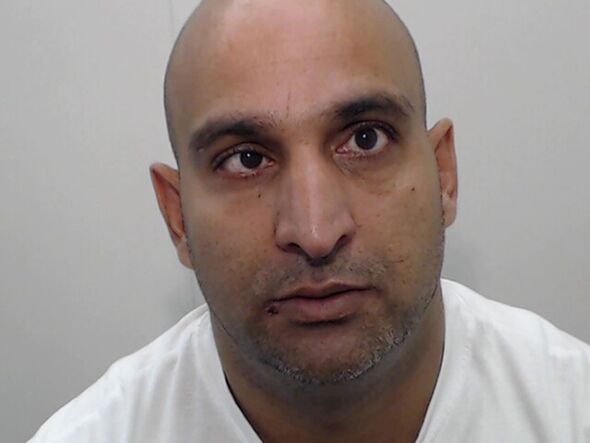
Roheez Khan (Image: PA)
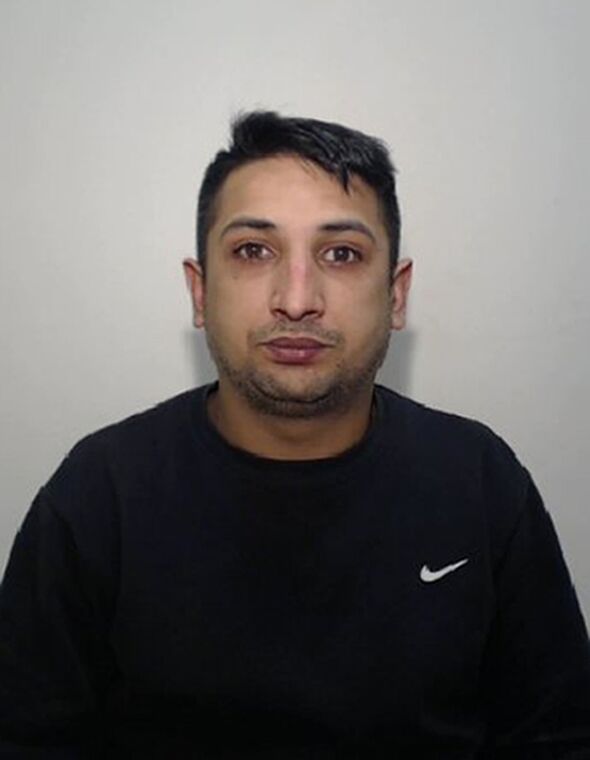
Nisar Hussain (Image: PA)
The father-of-three was yesterday jailed for 35 years for the systematic abuse of the girls – which included being subjected to sickening degrading acts – between 2001 and 2006 with the paedophile gang he headed receiving a total of 174 years.
One survivor was in court to see them jailed whilst the other watched proceedings remotely online.
Former Greater Manchester Police detective Maggie Oliver, who quit the force after they refused to take action over the gangs, expressed her “total admiration” for the two victims strength in pursuing the case but expressed her fury at the two decade delay.
She said: “I’m enraged, really, and wonder how many other children’s lives have been destroyed by these monsters.
“I am also angry that some of these men were known about in 2010, 2011 and 2012. But I am overjoyed that the sentences finally reflect the magnitude of the life destroying and inhumane crime of child rape. To see them sentenced to 35 years is karma.”
Paul O’Rourke, a frontline care worker who supported victims during the Rochdale grooming gangs case and managing director of social care provider Next Stage Group, said: “Having supported survivors of the Rochdale grooming gang, I know just how much victims of cases like these have endured and the immense toll it takes.
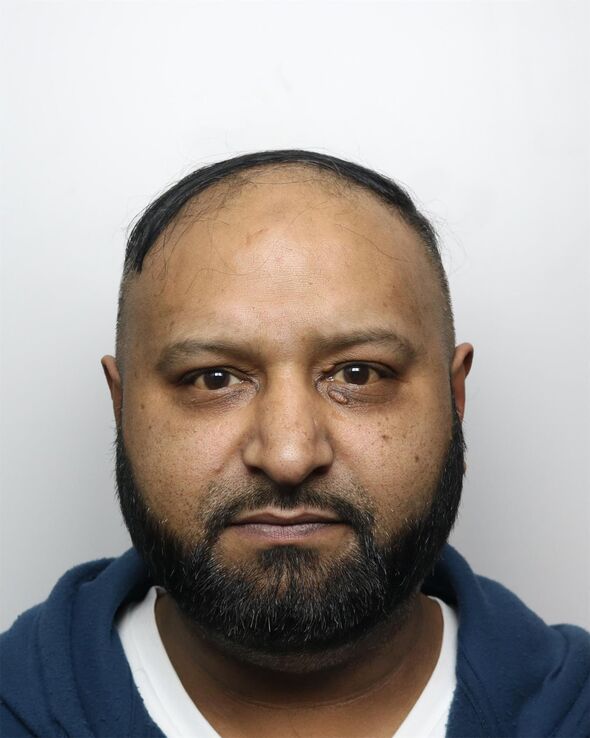
Mohammed Shahzad (Image: PA)
For more than 20 years, many of these women have had to keep reliving their trauma, unable to move forward while waiting for justice. They were children when this began, forced not only to suffer horrific abuse but also the burden of waiting years before their voices were finally heard in court. That kind of prolonged uncertainty leaves deep scars that don’t simply disappear when a verdict is delivered.
“When a young person has the courage to testify, action should be quick and decisive. Instead, survivors were left waiting, watching perpetrators walk free. Justice delayed in this way is justice denied, and it compounds the suffering of those already harmed.”
Alongside ringleader Zahid, who was previously jailed for five years for abusing a 14-year-old girl,
fellow stallholders Mushtaq Ahmed, 67, and Kasir Bashir, 50, both from Oldham, were jailed for 27 years and 29 years after they were found guilty of multiple counts of rape and indecency with a child, in relation to Girl B.
Bashir was sentenced in his absence after he absconded while on bail with police admitting they do not know where he is.
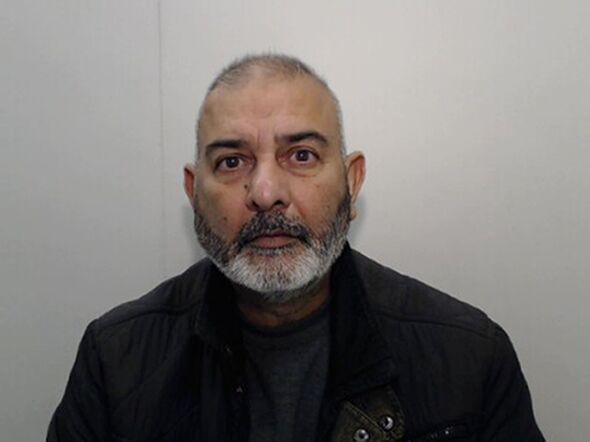
Mohammed Zahid, 65 (Image: PA)
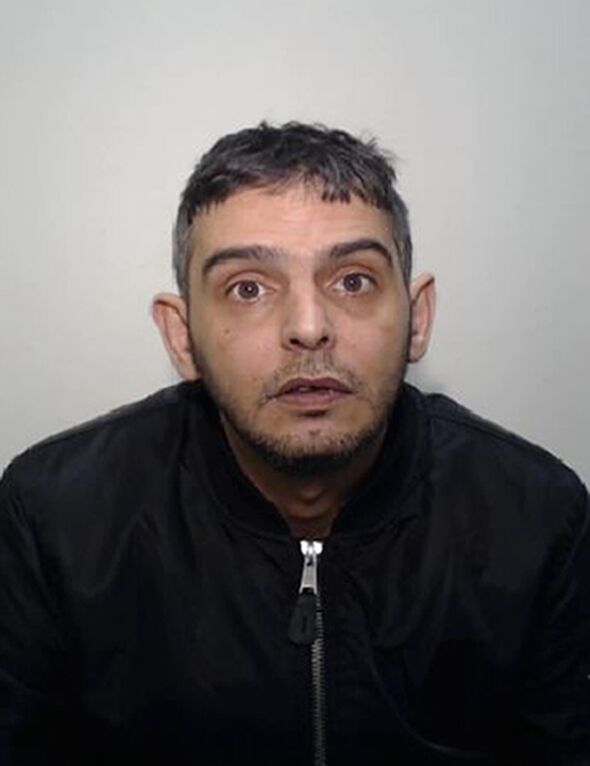
Naheem Akram (Image: PA)
Taxi drivers Mohammed Shahzad, 44, Naheem Akram, 49, and Nisar Hussain, 41, all of Rochdale, were all convicted of multiple counts of rape against Girl A. Both Shahzad and Akram were jailed for 26 years and Hussain was sentenced to 19 years in prison.
Roheez Khan, 39, of Rochdale, was jailed for 12 years after he was found guilty of a single count of rape against Girl A.
Judge Jonathan Seely said both victims had suffered “incessant abuse” and as children had been targeted by “gangs of sexually predatory men”.
He said: “Both girls were highly vulnerable, both had deeply troubled backgrounds and were known to the authorities. They were highly susceptible to the advances of these men and others, and both were sexually abused by numerous other men.
“They were passed around for sex – abused, humiliated, degraded and then discarded.
“Both were seriously let down by those whose job it was to protect them.”
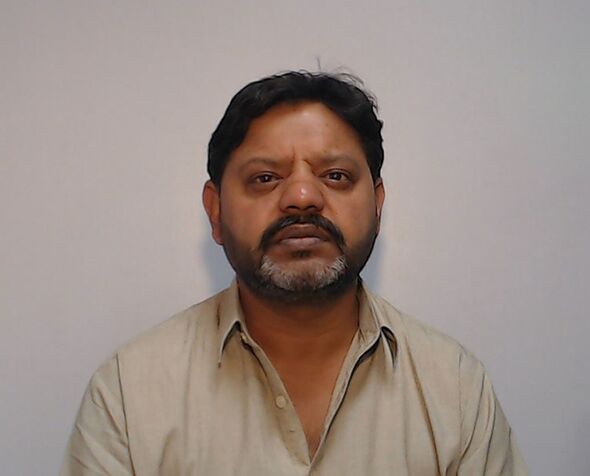
Kasir Bashir (Image: PA)
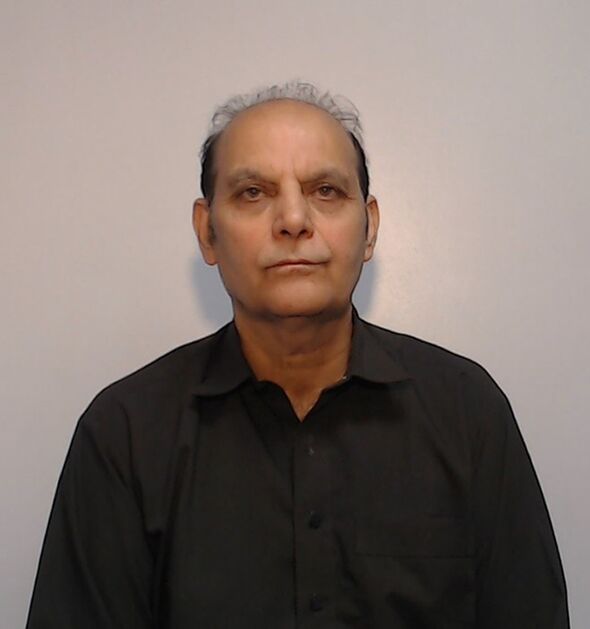
Mushtaq Ahmed (Image: PA)
Criminal defence lawyer and grooming gang expert Marcus Johnstone of PCD Solicitors said: “It is not unusual for child sexual abuse cases to take a very long time between when the offence took place and the victims receive justice. In the majority of similar cases I have seen, it will often take upwards of 15 years for results like today. When these crimes are organised and systematic, it can take even longer.
“There are several reasons for this. One is that the perpetrators of these crimes almost always target vulnerable and disadvantaged young girls who are often at the periphery of society – those in care, those with mental health issues, or those who grew up in poverty. The lead prosecutor today said that Girl B had been in the care system all her life, with her groomer confident enough to meet her at her care home.
She also added that the police and social services viewed her as a ‘prostitute’, and that the offenders routinely plied her with alcohol and drugs. This is gruesomely standard in these cases, and whilst attitudes have changed, I am aware of many complainants who reported what was happening to them to the authorities at the time, only to be ignored. Unfortunately, this means that many genuine allegations are simply not acted upon, or never even reported in the first place.
“Another important factor is the complexity of investigating and prosecuting cases like these. Even when the victims of these crimes do eventually come forward, the distance between when a complaint was made and the offence took place can make an investigation very challenging. Police will usually be working with very little evidence, other than the account of the accuser(s).
“They must attempt to piece together what happened many years after the event, which carries significant challenges. At trial, the defendants will almost always be individually advised, and it is in my experience that they will attempt to dodge culpability and shift blame to one another. Combine this with a justice system that is already dealing with unprecedented delays, and the result is a long and drawn out process. This can naturally be immensely distressing for those involved, and unfortunately I am aware of several cases where complainants and defendants have taken their own lives.
“The Rochdale case is harrowing, but crimes like these have been committed – and continue to be committed – in towns and cities across the country. The government has pledged a national inquiry, and I think that is right: offences like these cannot be committed without complicity or negligence by all sorts of authorities and agencies, and the public have the right to know what mistakes were made and who is responsible.”

